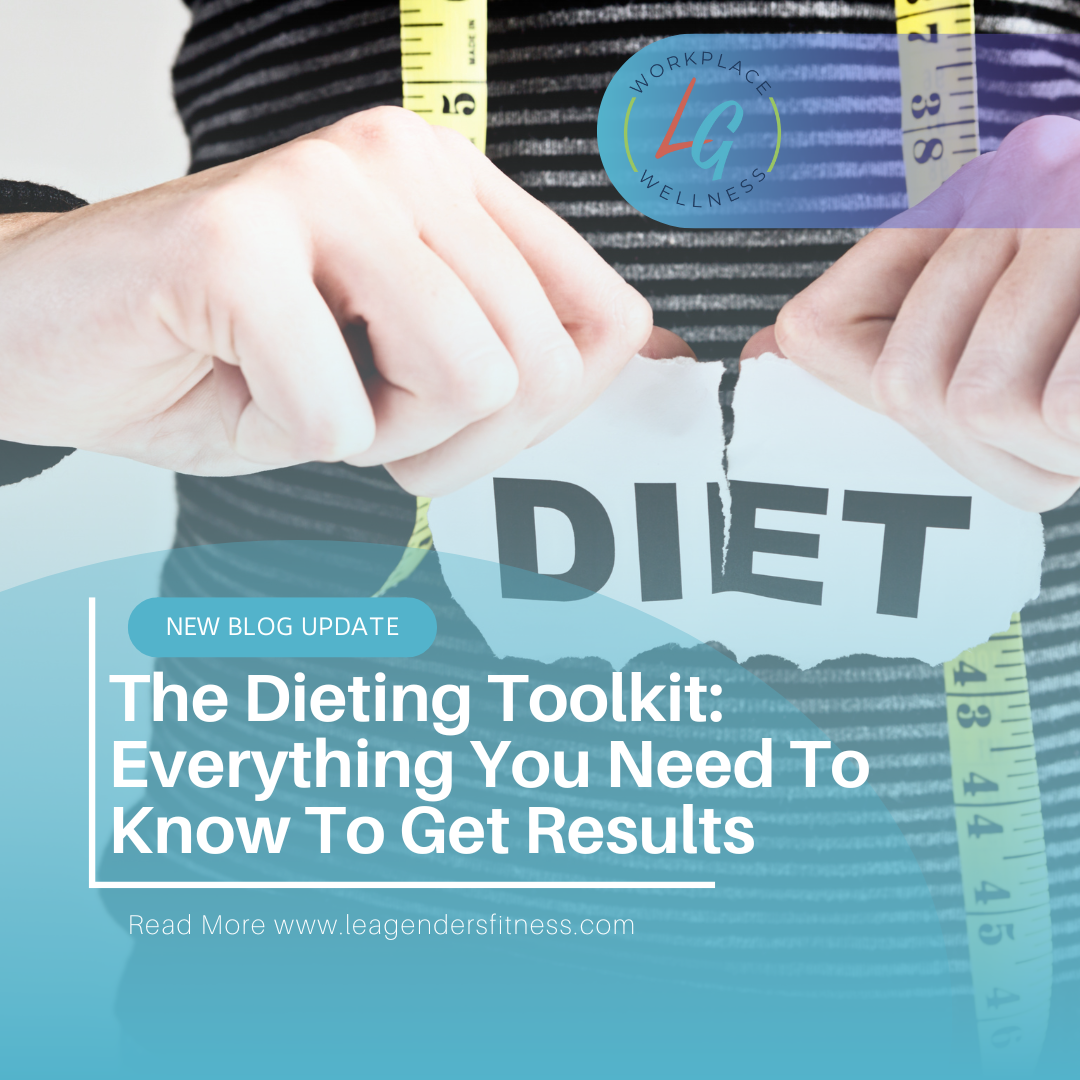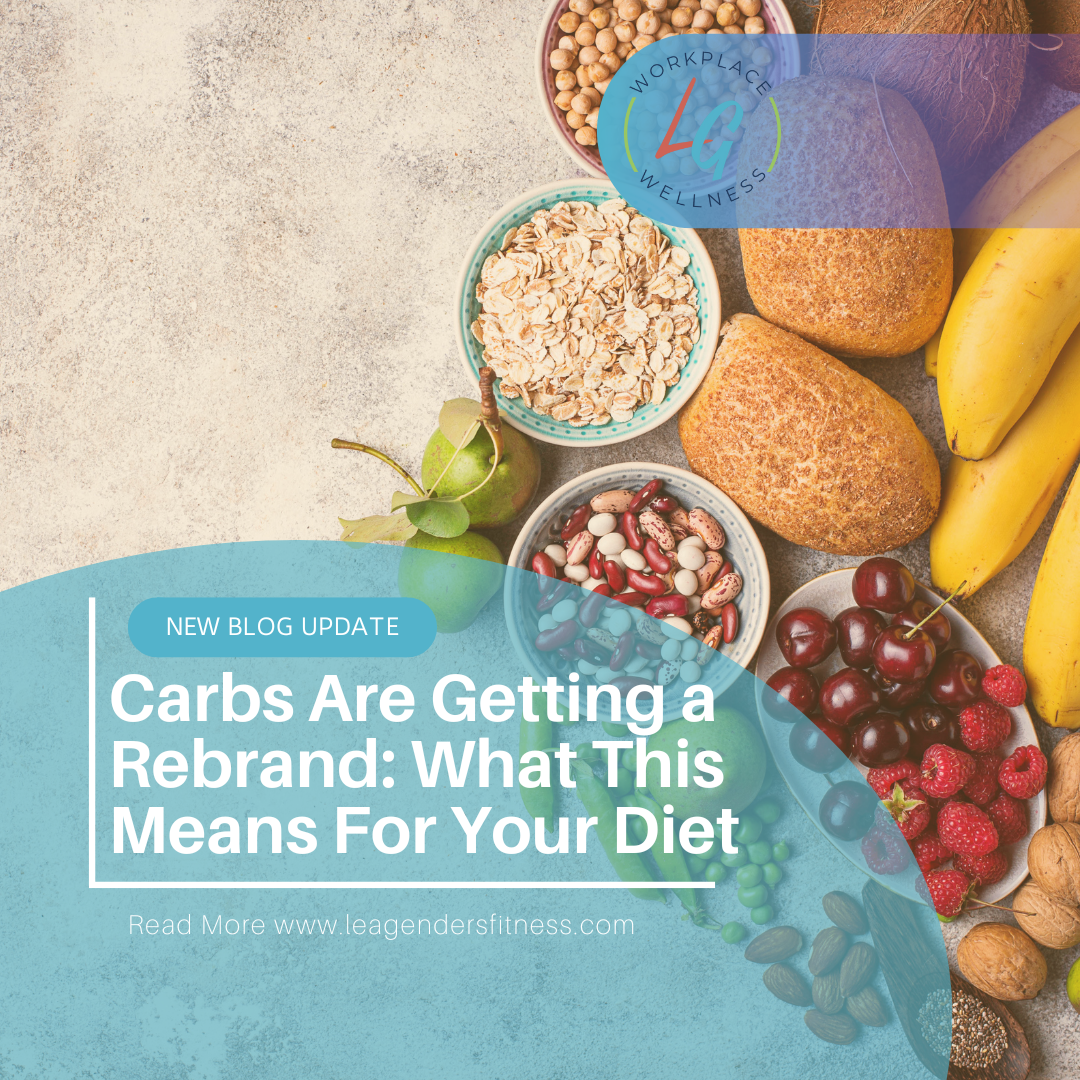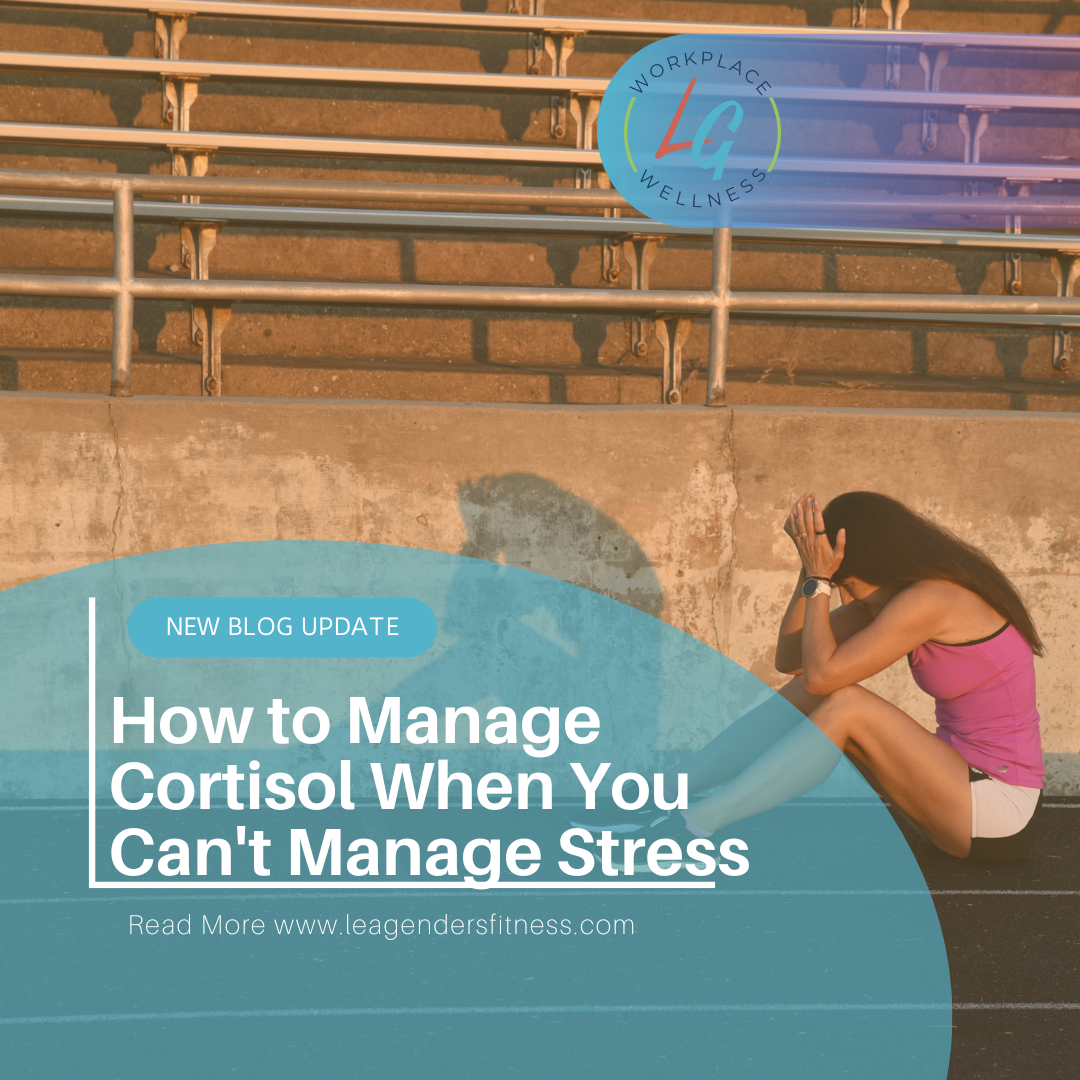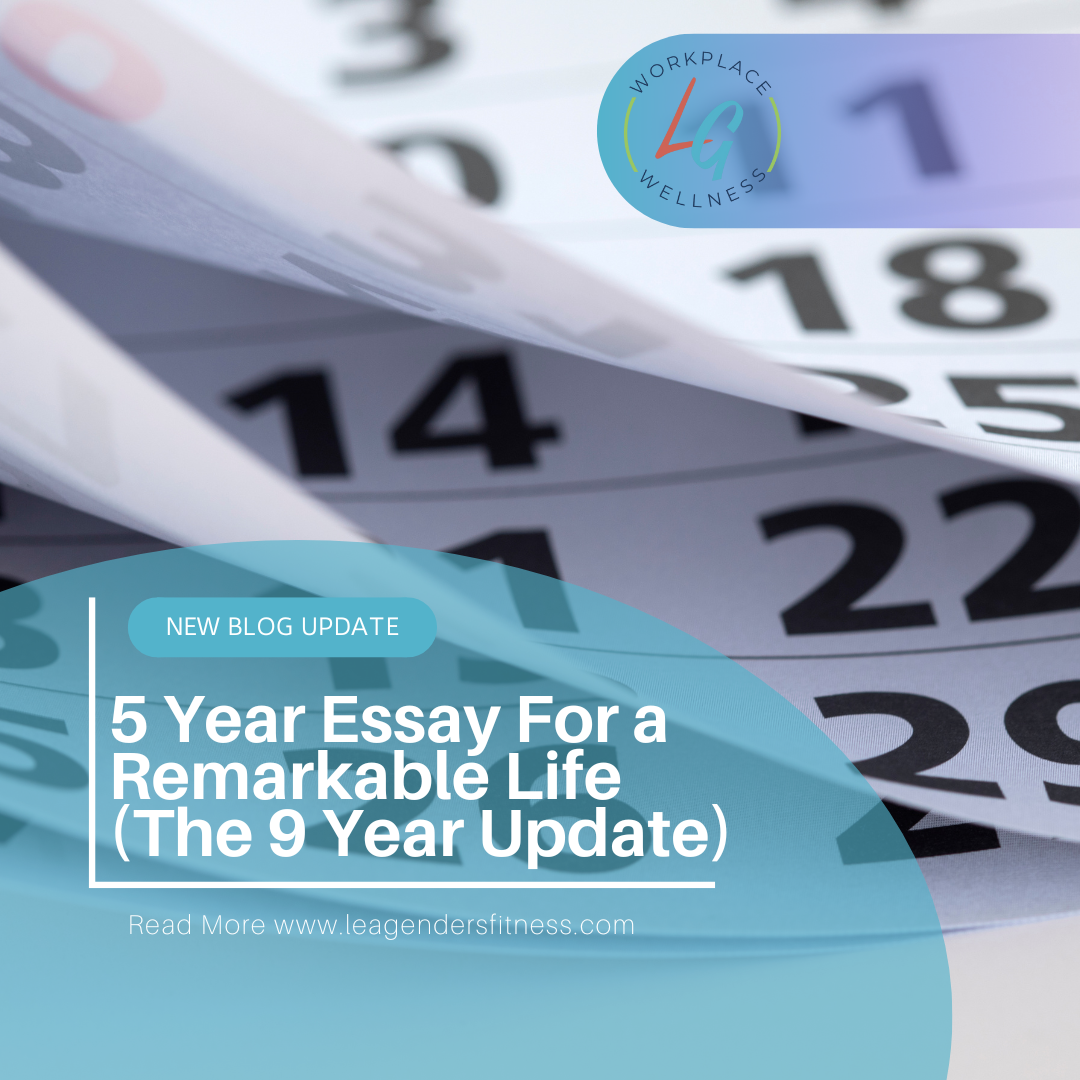Hormonal birth control inhibited my strength and muscular development progress, and I had no idea it held me back from my goals. Let's talk about birth control, ladies. While I don't usually get this personal on the blog, this is an important topic because there is not much talk about hormonal birth control's adverse side effects, including how it can affect a female athletes' strength and performance.
My husband and I made a personal decision not to have children, so I've been on hormonal birth control for over a decade. I never noticed or even considered the changes it was making in my body. I had a few friends who told me they had adverse mood reactions and had gone off it altogether and eventually had children. I never felt any significant changes to my mood, weight, or anything else, to be honest. It was a take it and forget it solution that was a regular part of my life. I assumed everything was okay because I felt fine.
Hormonal Birth Control and Muscle Development
My journey to get off hormonal birth control began when I was working with Trent Jones, a Starting Strength barbell coach, a year and a half ago and he noted that I wasn't recovering and improving at an expected rate. After confirming that my diet, sleep habits, and lifestyle choices were on track, he recommended I get a hormone test to see if everything was normal. I suspect that he was assuming that due to my age (46 at the time), I might be experiencing hormonal changes, possibly perimenopause, that could impact my performance and recovery. But that wasn't it at all.
I went to see a doctor specializing in female hormones, and she ran tests. I was surprised by the results. My testosterone was off the charts low.
When she sat down with me, she told me my hormonal birth control was limiting free testosterone availability, which may be the culprit for my lack of gym results.
I talked to a local board-certified nutritionist, Sarah Petty. She said, "Hormonal birth control can increase Sex Hormone Binding Globulin (SHBG) - an essential component of natural hormone regulation. SHBG binds to testosterone (and other sex hormones) to inactivate it. After prolonged use of hormonal birth control, it's common to experience low(er) testosterone due to chronically elevated SHBG."
I was shocked. Without adequate testosterone, I can't build muscle. I have been lifting weights for years and never saw great results in the gym. I partly assumed it was due to my higher volume of running and maybe my genetics? It never occurred to me that my choice of birth control was impacting my ability to build muscle. I fell in love with the gym, so I never gave up on it because I loved working out and how it made me feel. I was getting great benefits out of my gym sessions, even though they weren’t showing up in the mirror.
A year before this, I got a DEXA scan done for an accurate reading of my body fat percentage, and I was a bit surprised that it was so high (nearly 30%) because I was small in size. The attendant said not to worry because my result was average for women my age. That made me more upset. I didn't think my results should be average; I am a personal trainer committed to a healthy lifestyle and lift heavy weights regularly! I didn’t expect average results!
Once I learned about my low available free testosterone, these results started to make sense. Even though my body size was small, because my muscle mass was below average due to low testosterone, the overall percentage of my weight that was fat was high. You've probably heard it called skinny-fat. I was doing everything right, but my body did not have the hormone profile for optimal body composition.
I Switched to ParaGard Copper IUD
My doctor recommended ParaGard, a non-hormonal copper IUD. It is an in-office procedure to insert and lasts for ten years (it will take you into menopause, she noted, and I punched her in the face—joking!). She said after insertion that my hormones should return to normal levels within three to six months.
She warned if I had painful menstrual cramps, heavy periods, or skin problems before the hormonal birth control, that those symptoms would likely return. My anxiety brain started to prepare me for the worst.
In my Google research, I found extremes on both ends: Stories of women who went off hormonal birth control and a cloud lifted that had hung heavily for decades, to women who experienced prolonged pain during insertion of the IUD that they described worse than childbirth.
The night before my appointment to have the IUD inserted, I started reading blog posts and was horrified that I might have made the wrong decision. It's not that I didn't do my research earlier or talk to my doctor. I just didn't read the blog posts about the nightmare experiences some people have had. My anxiety was through the roof. People don't usually write about pleasant experiences, so if it seemed that most of the blog posts I read were negative, it could just be because people with extreme circumstances are the ones who feel compelled to write.
I am writing to tell you about my good experience because the changes I've seen have been significantly positive.
The procedure took less than five minutes. There were two or three sharp pains during insertion that lasted three seconds each. They offered Nitrous Oxide (laughing gas), which I declined. It was uncomfortable, for sure, but the pain was short-lived and not unbearable. The office taped Matthew McConaughey's picture to the ceiling above the table, and now I have a new weird brain association when I see him on TV.
The first few months, my periods were irregular, heavy, and I experienced cramps like when I was a teenager. I was relieved that these symptoms subsided because the last thing I want is to feel like a teenager again.
But things leveled out, and everything returned to near normal after a few months. I was excited to rerun a hormone panel, and I probably jumped the gun and did it too soon. After three months, SHBG lowered, and testosterone rose to the low side of the norm instead of being out of the normal range.
After that test, I stopped thinking so much about it. I went on to continue my consistent strength training (and running) workouts over the next year.
The Changes To Body Composition After Switching to Non-Hormonal Birth Control
Nine months after getting off hormonal birth control and my IUD insertion, I started to notice muscle development in the mirror. I was looking leaner with more defined muscles and was stronger in the gym. My running performance began to improve a bit as well. Although I haven't had a third hormone panel, I don't think I need to; I can see the improvements in my body.
A year later, the changes are pretty significant. My workouts have been progressive, but my strength workouts are similar to what they were a year ago; five days a week, moderate to heavy barbell training for about thirty minutes. I am running more miles this year than I was last year at this time.
I'm grateful for the time with that barbell coach Trent because I would have continued spinning my wheels in the gym without his suggestion to run a hormone panel. I had no idea how my hormonal birth control negatively affected my strength, muscle growth, and athletic performance.
December 2019 vs. April 2020
Talk To Your Doctor About Benefits and Side Effects of Birth Control
Of course, every woman needs to decide along with her doctor what is best for her body. Our bodies may be different, and what worked for me may not work for you (evidenced by some of those stories I read online the night before my procedure). There are pros and cons to any choice you make. I encourage you to talk to your doctor about the benefits and potential side effects of different birth control options. Even with sedentary women, this is a meaningful conversation to have with your doctor.
As a personal trainer, information about how hormonal birth control could affect progress was not a part of my studies or continuing education. My doctor never mentioned it, and this information was not on my radar.
Maybe I missed a health class or glossed over a doctor's conversation when I was younger because I was not athletic back then, but it shocked me that these side effects are not more well-known and discussed, especially among female athletes.
A year later, I couldn't be happier about my choice to switch to the non-hormonal copper IUD. I will request another hormone panel when I have my yearly exam and will likely get another DEXA scan, but I don't need to see numbers on paper when I can see the mirror results.
Here is a link to my former barbell coach discussing my experience on his podcast Weights & Plates #74 Training & Diet for Women. My story starts at the 56:37 mark.
Did you like this post? Do you know someone who might benefit? It helps me when you share with your friends and followers on Facebook, Twitter, or Pinterest.
Questions? I’d love to help.
















Most of us are stuck in habits and thought patterns that we didn’t even realize we were practicing. Whether it’s negative self-talk on loop, the trap of thinking every workout has to be a high-intensity suffer-fest, or being so obsessed with the scale that we miss the small meaningful wins, these mindsets can sabotage our progress. In this blog, we look at how to identify these traps, give ourselves some grace, and start choosing a new way to think about health and consistency.